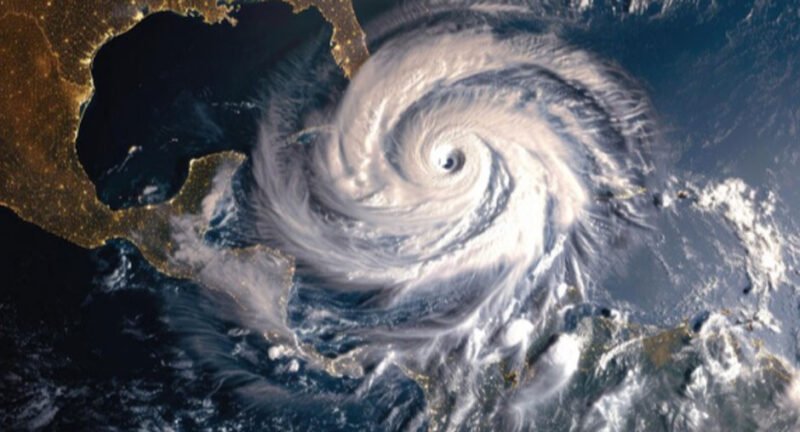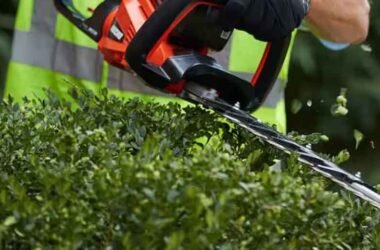Power outages, transportation disruptions, and property damage—a hurricane can disrupt daily life. The damage can be even worse when you’ve not taken essential steps to protect yourself and your family.
If there is a hurricane watch or hurricane warning in your area, take the following steps to stay prepared and safe:
Make a Hurricane Preparedness Kit
When a hurricane hits, access to food, medicine, and cash can be difficult. This is why it’s crucial to build a hurricane preparedness kit as soon as those warnings are issued.
In terms of water and food, you should pack:
- At least one gallon of water per person per day
- Non-perishable food items like canned beans, pasta, fruits, granola bars, and cereal
- Baby formula for infants and children
Pack everything in durable plastic containers or ziplock bags.
For medication and hygiene, pack the following items:
- First aid kit
- At least one week of prescribed medicines
- Extra inhalers or insulin
- Personal hygiene items like sanitary pads, toilet paper, and sanitiser
- Diapers and baby wipes
You should also pack clothes, blankets, and rain gear. Moreover, to tackle a power outage, pack:
- Flashlights and extra batteries
- Power bank for your phone
- Extra charger
- Hand-crack radio
Read this detailed hurricane guide by Western Union to make sure you have everything you need. Making a hurricane preparedness kit will help you stay in control as much as possible, reducing stress and panic.
Ensure Financial Preparedness
Hurricanes can block access to banks and ATMs. Therefore, it’s important to know how you will cover any emergency costs. To ensure immediate access to money, follow these tips:
- Have cash on hand. Small bills like $5, $10, and $20 are especially important.
- Consider an emergency-only credit card.
- Know your nearest cash pickup locations if you’re expecting to receive money from friends or family.
Once that’s sorted out, learn to monitor your financial situation during a hurricane. Phishing activities and price gouging, unfortunately, are common during natural disasters. So, track your expenses and bank accounts to ensure financial safety.
Get Your Home Ready
Next up, get your home ready for a hurricane. High winds and floods can damage the structure of your home and cause severe damage to your equipment. Here’s what you need to do:
- Secure the exterior. Trim any branches and trees that could fall on your home and cause damage.
- Secure outdoor items like grills, trash cans, lawn furniture, and mailboxes.
- Cover up windows and doors. You can use storm shutters or pieces of plywood to prevent damage.
- Know how to shut off the electricity in case of flooding.
- Fill clean water containers.
- Secure valuables like documents and electronics. Ensure that heavy machinery or equipment isn’t stored on high shelves.
Keep Supplies for Your Pet
During a hurricane, your furry friend needs protection just as you do. Pre-identify shelters and pet-friendly hotels to avoid last-minute stress.
Make sure you have water and food for at least three days. Use portable carriers to transport your pet safely. Lastly, keep their vaccination records with you in case you have to move to a new location.








